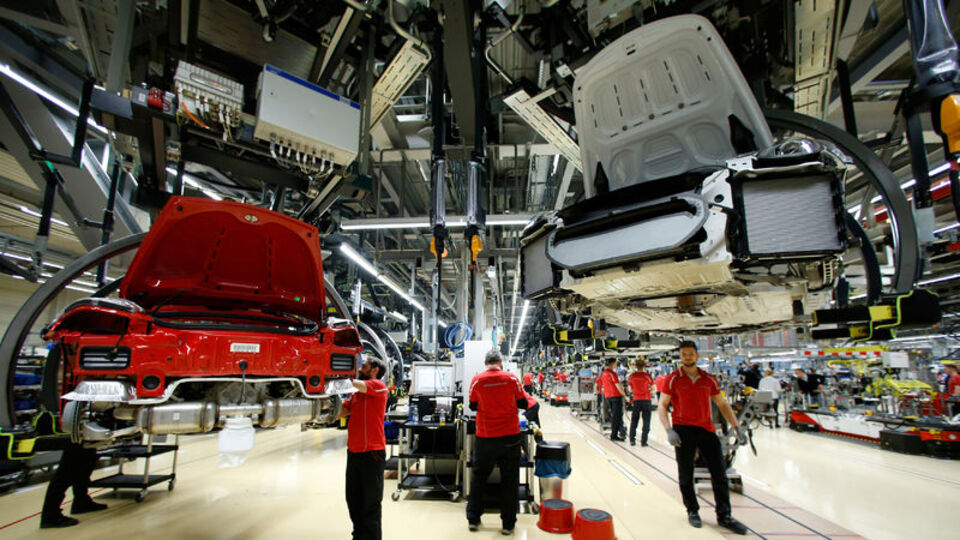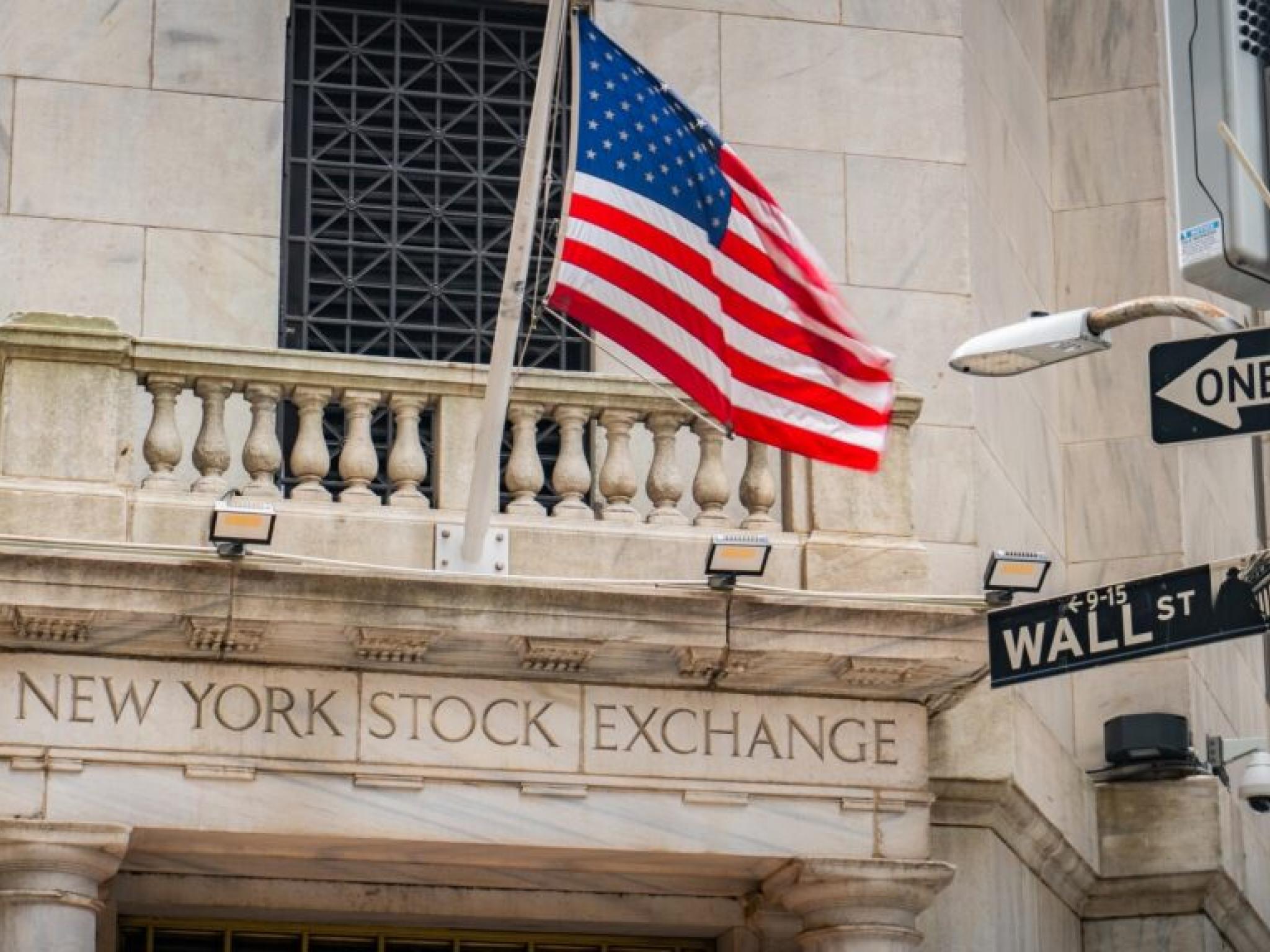Factory Orders Decreased in Germany in August
According to the data released by the Federal Statistical Office of Germany, factory orders showed a decrease of %0.8 in the month of August. Market expectations were for an increase of %1.2.
Challenges in the Export Market
Germany's trade-oriented industrial sector has been affected by the increased tariffs imposed by U.S. President Donald Trump and the rising competition from China in the global market. This situation has led German firms into a process requiring them to cope with difficulties in international markets.
New Tariff Agreement
At the end of July, the European Union began implementing a new tariff of %15 on products sent to the U.S. as a result of an agreement reached with the U.S. This decision complicates firms' efforts to forecast the future and their growth projections.
Decline Driven by Domestic and External Demand
The German Ministry of Economy noted that the decline in orders in August was largely due to weak demand from abroad, while also emphasizing that there were increases in domestic demand. The ministry stated, "The improvement in domestic demand indicates that the industrial sector has hit rock bottom; however, weak external demand continues to exert pressure on overall demand."
Future Expectations
According to information from sources close to the matter, the German government plans to update its growth forecasts this week to align official projections with data from leading research institutions. Instead of no growth this year, a %0.2 increase in gross domestic product is expected, with a growth rate of %1.3 anticipated in 2026.
⚖️ Yasal Uyarı:Bu içerik yatırım tavsiyesi niteliği taşımaz. Yatırımlarınızla ilgili kararlarınızı kendi araştırmalarınız ve risk profilinize göre almanız önerilir.
Germany, factory orders, domestic demand, foreign demand, customs duties, economy, growth forecasts




















.png)